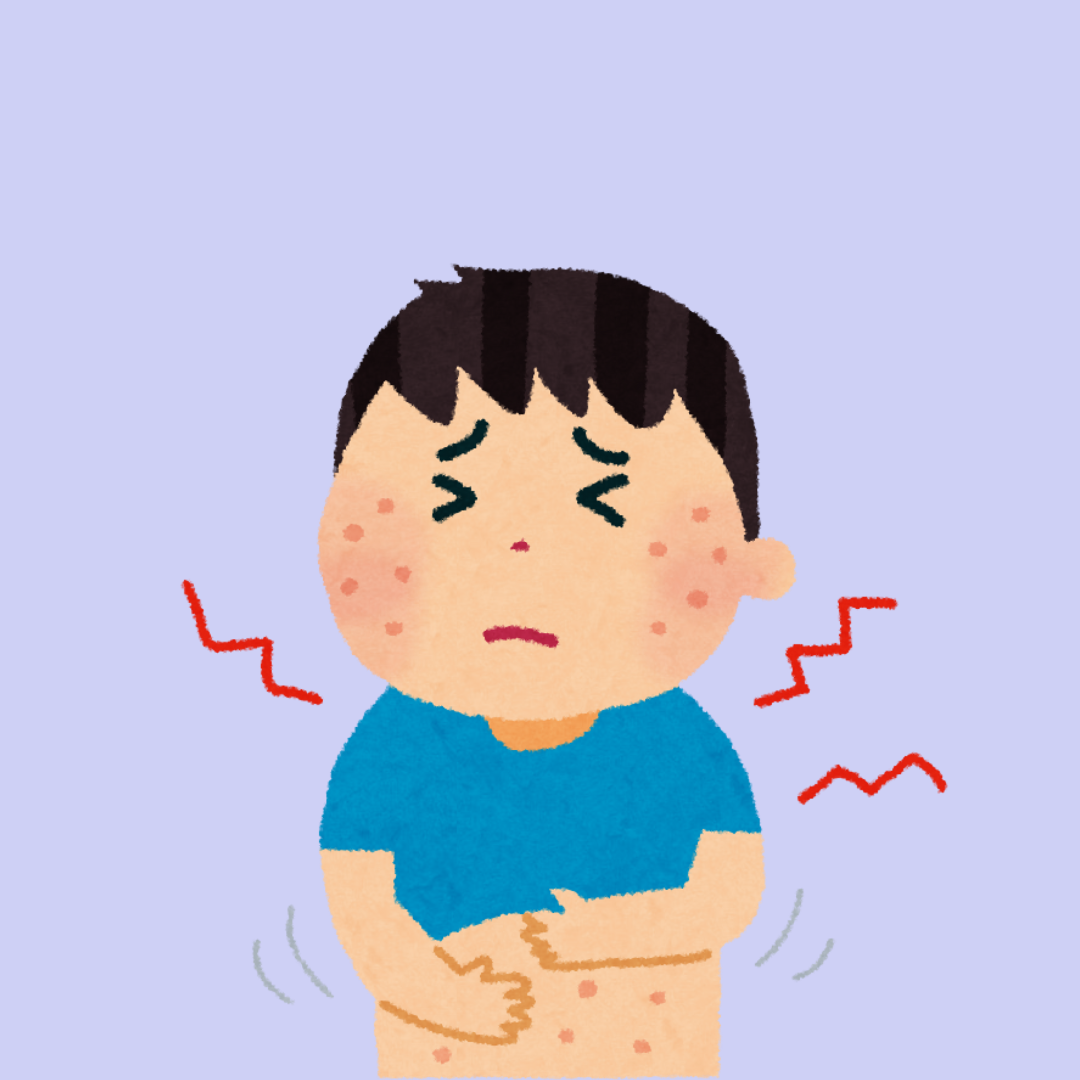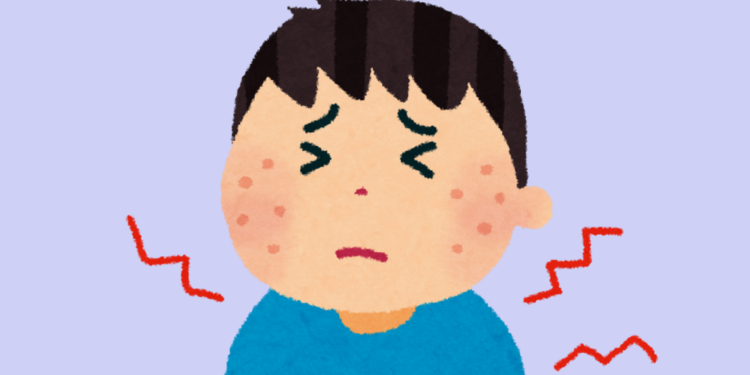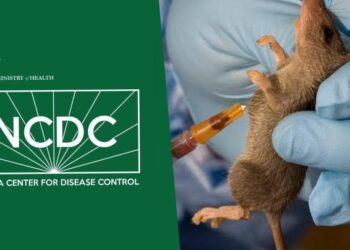If you’ve ever had to deal with chickenpox, you probably have heard that you won’t be having it again in your lifetime. That’s because once you recover from this disease, your body automatically develops immunity to the virus, meaning that you’re protected from getting it the second time.
However, that isn’t the end of your relationship with chickenpox. The virus causing chickenpox called the varicella-zoster, doesn’t completely leave your body even though you have recovered from the disease. This virus remains dormant in your nerve tissue and can reactivate years later, causing another condition called “Shingles”. In this article, we’re going to explore more about shingles, what it is, its symptoms, and risk factors.

What are Shingles?
Shingles, also known as herpes zoster, is a viral infection that causes painful rashes that seem to look like a stripe of blisters on one side of the body.
What Causes Shingles?
Most people think shingles is some new disease, but it’s just the chickenpox virus making a comeback. Shingles are caused by the same virus that causes chickenpox, the varicella-zoster. For reasons not entirely understood, the virus can reactivate years later, especially when the immune system is weak, and cause shingles.
Symptoms of Shingles
If you’ve had chickenpox before, there are some symptoms you should watch out for later in life that could mean you’re getting shingles.
- A rash in a form of a stripe of blisters on one side of your body
- Your skin becomes more sensitive to touch, even the slightest touch can be painful
- Mild fever
- Tiredness
- Headaches before or when the rash appears
Risk Factors for Shingles
One thing about shingles is that it strikes when your immune system is not as strong as it used to be.
Age: With old age comes a weaker immune system, it’s a natural process. This depreciation makes it harder for your body to keep the virus in check. As a result, shingles are most common in people over the years of 50. Once the immune system is less active, varicella-zoster seizes the moment and reawakens.
Weakened Immune System: Not only does old age cause a weak immune system. Even certain health conditions like HIV/AIDS, cancer, and even medications that suppresses the immune system, like steroids or organ transplantation medication, can weaken the immune system and cause you to be more vulnerable to shingles.
Stress: if you think stress only affects us mentally, you’re wrong. Stress comes with a whole lot of bodily changes. When you’re stressed, the body produces a hormone called cortisol, which is high in suppressing immune system function.
This makes it easier for the varicella-zoster virus to come out of dormancy and cause this.
Bottom Line
Once you’ve had chickenpox, you won’t get it again because your body builds immunity. But the varicella-zoster virus, which causes chickenpox, doesn’t completely leave your body. It stays hidden in your nerves and can reactivate years later, causing shingles. They show up as a painful rash and usually happen when your immune system is weak, like when you’re older, have certain health conditions, or are under a lot of stress.

















